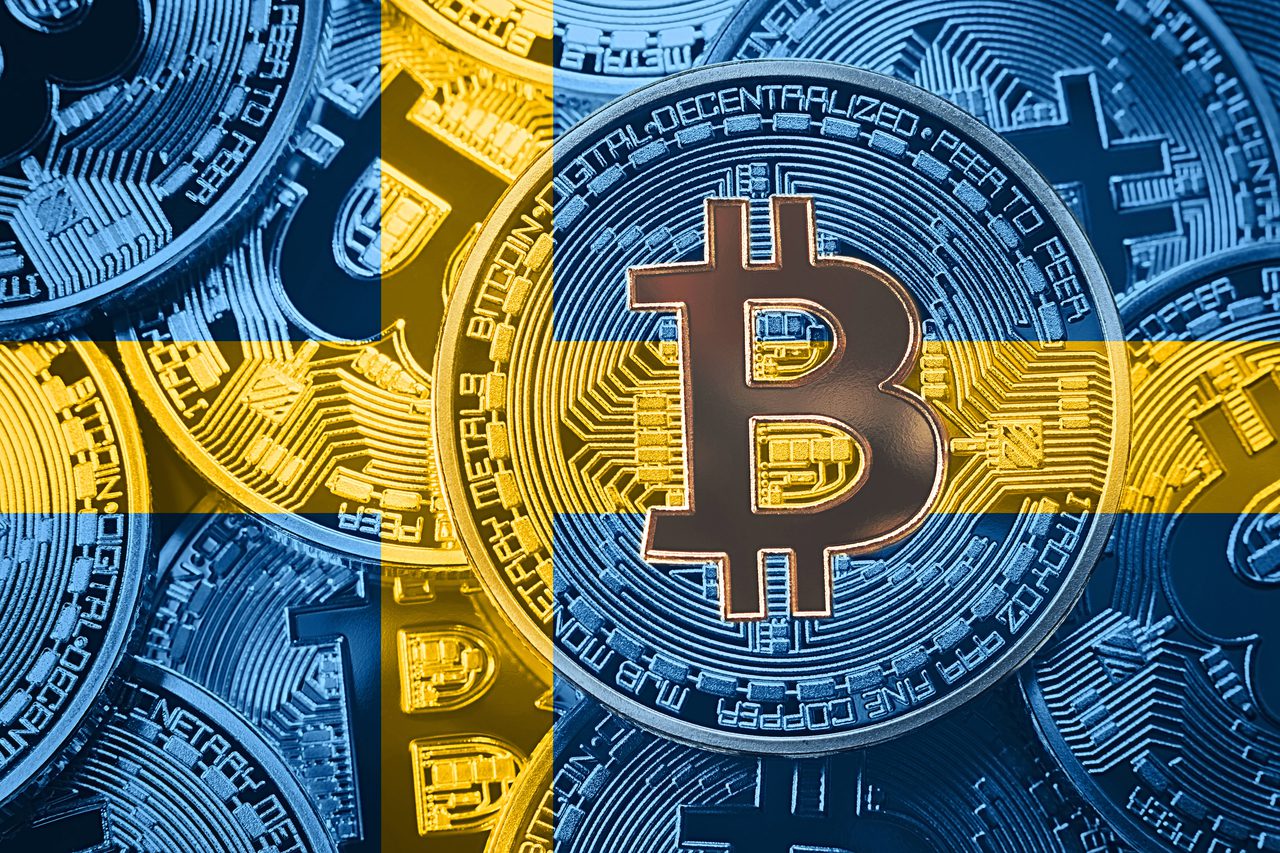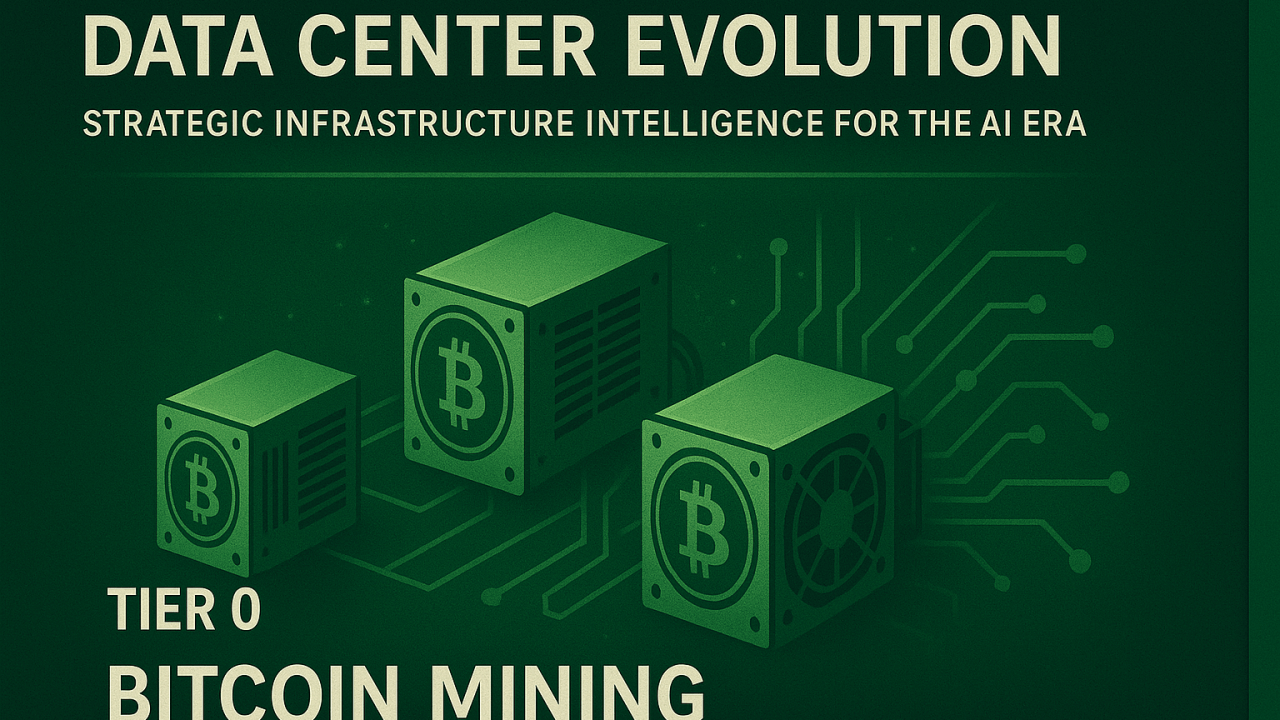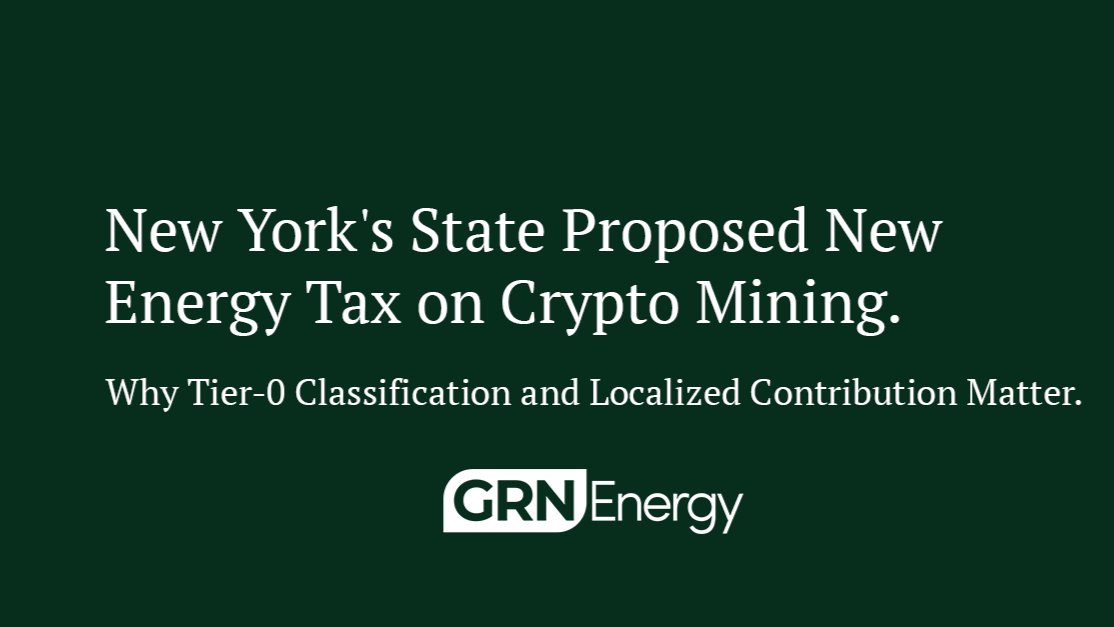Sweden, once considered a prime destination for Bitcoin miners in Europe, has decided to eliminate tax incentives for data centers in 2023 and even charge additional taxes for Bitcoin miners’ energy consumption, dealing a heavy blow to the industry in the region. This decision comes as Sweden faces the aftermath of the departure of Bitcoin mining operations, largely attributed to concerns regarding the industry’s minimal contribution to economic activity, job creation, and energy infrastructure.
The memory of the exodus of Bitcoin miners from Sweden during the 2018 bear market was still vivid, with numerous companies leaving the country, neglecting energy bills and causing substantial disruption. This incident tarnished the industry’s reputation, shedding light on its failure to operate sustainably, contribute to local economies, and support energy initiatives.
Over the past year, energy prices in Europe surged due to factors such as the conflict in Ukraine, leading many Bitcoin miners to exit the EU region. The northernmost regions of Norway and Sweden, known for their cool climate and affordable hydroelectricity, were among the last profitable areas for the industry.
The tax hike elevated from SEK 0.006 to SEK 0.36 per kilowatt-hour (kWh). With an average electricity cost of $0.093/kWh, the new tax made mining “prohibitively expensive in Sweden and ultimately destroyed the industry,”
In response, some Bitcoin miners are exploring alternatives, such as repurposing the heat generated in data centers to be taxed as heat producers. The ambiguity surrounding whether the new taxes target miners specifically or the entire data center industry adds an extra layer of uncertainty.
The Swedish Ministry of Finance, which proposed the tax hike, had also advocated for a ban on Bitcoin mining in the European Union the previous year, indicating a potential bias against the industry. In 2017, Sweden implemented a 98% tax cut for data centers, aiming to attract businesses. However, the anticipated job creation and investment in energy infrastructure did not materialize.
Global tech giant Microsoft, operating data centers in the region, has expressed dissatisfaction with the abruptness of the measure. The government’s decision to implement the tax hike without awaiting the completion of a report on the energy impact of data centers has drawn criticism.
In conclusion, Sweden’s struggle with Bitcoin miners underscores the broader implications of the industry’s inadequate contribution to local economies and its execution strategy. This trend, observed in countries like Kazakhstan and Norway, raises concerns about the future stability of Bitcoin mining operations due to their lack of contribution. As High-Performance Computing (HPC) with AI and digital asset creation offer promising opportunities, the fate of Bitcoin miners in various nations remains uncertain.
It’s a setback for the HPC industry’s access to abundant renewable power from a region like Sweden. That’s why we recommend adopting a more sought-out strategy for long-term stability and economic contribution through a circular approach. I hope we have learned from this and execute better in new emerging future markets like Indonesia, Ethiopia, Argentina, UAE, Oman, Butan, and Paraguay.
#CircularApproach #LongtermStrategy #Sustainability #Bitcoin #BitcoinMining










